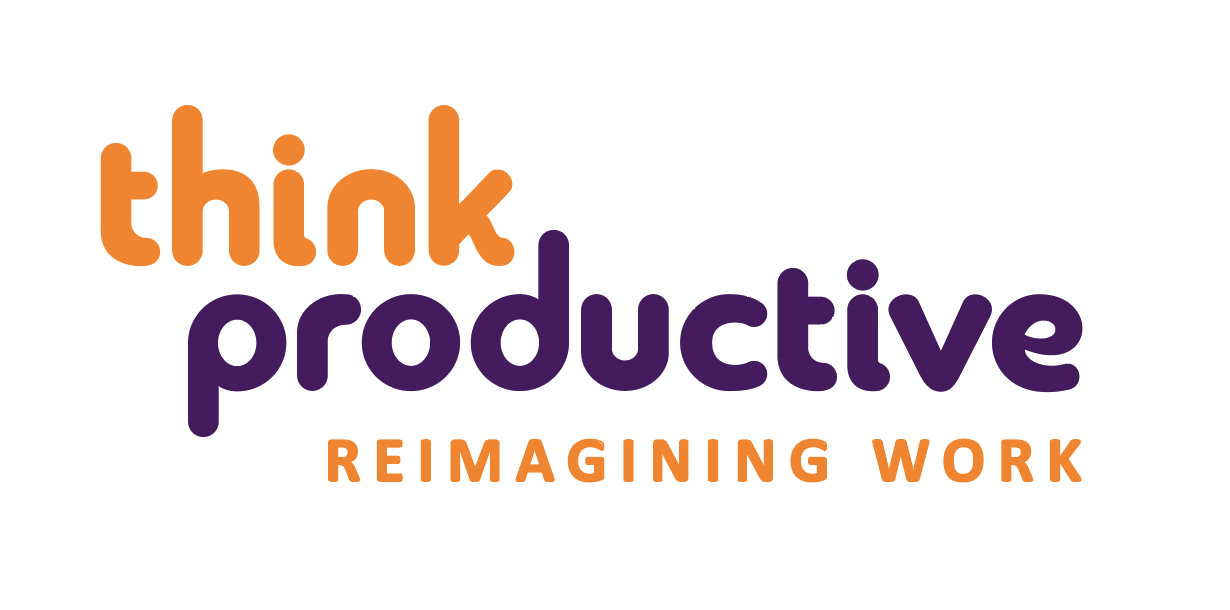Student life comes with a lot of pressures. You need to study, figure out a career path and immerse yourself into a new environment – in three short years. It’s a tough challenge, and can often make you feel a little out of control.
Today is the University Mental Health Day, which began in 2012 with organisers Student Minds and University Mental Health Advisers Network. This year’s focus is on the #IChoseToDisclose campaign, which is encouraging students to speak out about their battles with mental health.
Thousands of students and graduates have tweeted about their own personal battles, many of whom speaking out about bouts of depression and anxiety. The majority of these tweeters wrote that they found it difficult to combat these mental challenges. With this in mind, I wanted to share some advice that I thought would help, and introduce the technique of ‘mindfulness’.
MINDFULNESS
Mindfulness is the technique of noticing the present moment, and in itself is particularly helpful in quietening the chaos of the mind and helping to engender the Zen-like Calm we talked about earlier.
Mindfulness meditation is no longer the preserve of hippies, radicals and Buddhists. Its techniques are easily accessible through smartphone
apps and on YouTube.
A MINDFUL APPROACH TO THE MINDLESSNESS OF WORK
For me, mindfulness is a skill to be practised and improved upon. The more I develop and continue the habit of meditating, even for just ten minutes a day, the more I begin to notice other patterns in other moments throughout the day.
I come to notice my own bad habits, or when my emotions get in the way of what I’m trying to do, or when my mind is in a loop of craving new data: a kind of hyped up curiosity, hallucinating from one weird YouTube video to another. You might have moments when you notice you’re wired and twisted, too?
THE INTENTION OF YOUR ATTENTION
Learning to be present, to make conscious decisions about where we put our attention, is something that mindfulness can really help us achieve.
How do you know when this is starting to take effect? You’ll notice your own procrastination quicker than before, you’ll notice when your attention is ‘zoning out’ and you’re daydreaming rather than constructively reading and you’ll notice when you’re reacting from a place of high emotion rather than high logic.
To be truly mindful is to notice as much about the process of your work and the process of decisions as the time spent thinking about that work and those decisions. In doing so, we listen to ourselves, and pay attention to others, too.
MINDFUL OF OTHERS
I’ve already hinted that you and I both have our flaws and foibles. We have bad habits, we get things wrong from time to time and we let situations get the better of us sometimes. That’s our little secret and I won’t tell anyone if you won’t. But here’s the bigger secret: we’re not alone!
Everyone else has their struggles and stories, too. Their reactions to your requests when you work together, or to your ruthless but tactful request for a bit of time and space to focus might be because they’ve taken things the wrong way. Others may criticize you not from a logical place, but from an irrational one.
So before we’re quick to judge, we should use mindfulness to show a bit of compassion and ‘emotional intelligence’ in the way we work with others. A little bit of generosity goes a long way – and of course you might need them to return the favour and be as equally understanding of your own needs from time to time!
Let us know if this has been helpful by tweeting @thinkproductive or commenting below. You can also find more tips like these in my latest book How To Be A Knowledge Ninja, released on 5th March.


I found this very useful and an interesting read.
I suffer with Mental Health and when I first started out in my career I was only 17 years old and I found it extremely difficult however over the years I have learned to take a better mindful approach.
I think it really helps you to be mindful of others too.
I’m glad you found it helpful Nicola! Methods such as meditation are a fantastic way of developing mindfulness, and it’s definitely important to be mindful of others.
Great book so far, yet I was wondering where can I find a pdf copy of the hourly planner on page 50? The book points the reader towards resources, yet I could not locate it there.
Thank you in advance for your help.
Munir